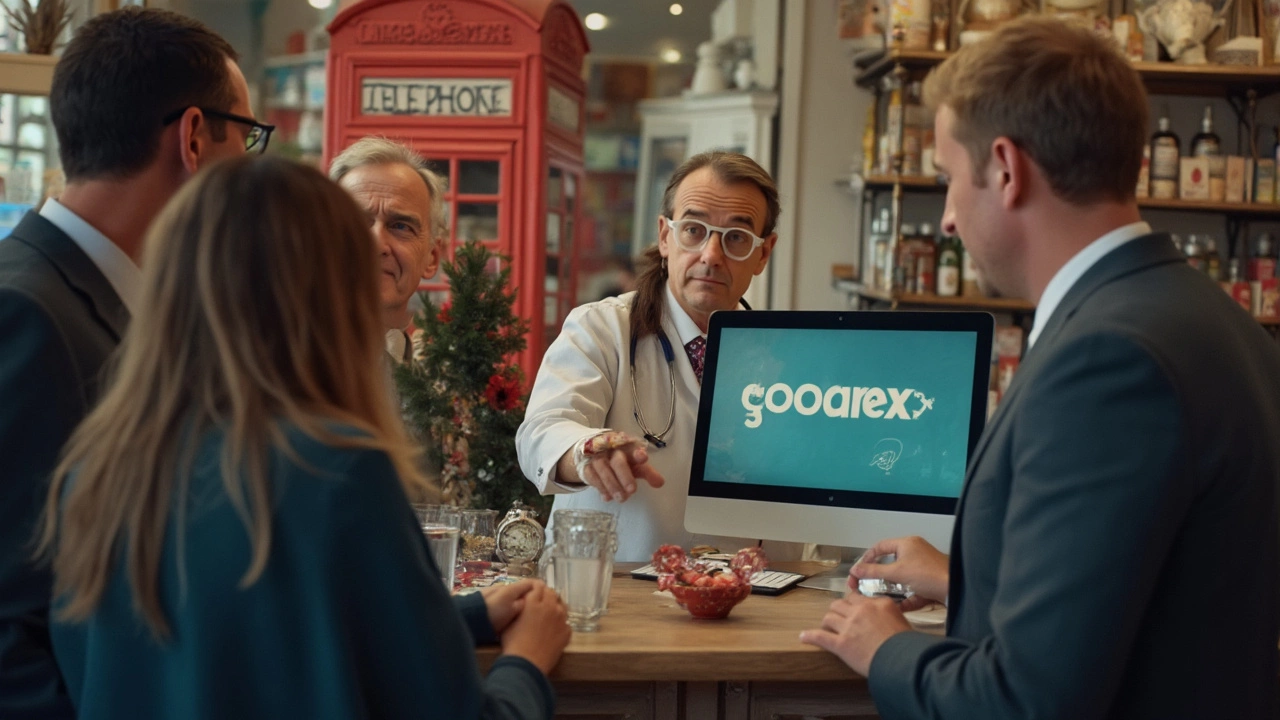Pharmacy Refusal: What It Means and How to Handle It
Ever walked into a pharmacy only to be told they won’t fill your prescription? It feels unfair, but there are real reasons behind a pharmacy refusing to dispense medication. Knowing those reasons can help you act fast and keep your treatment on track.
Common Reasons Pharmacies Say No
First off, a pharmacy might refuse because the prescription looks incorrect. Typos, missing dosage info, or an unclear drug name raise red flags for the pharmacist. They have to protect you from possible harm.
Second, insurance can be a blocker. If the drug isn’t covered or the claim was denied, the pharmacy may hold the prescription until you sort out payment or a prior‑auth.
Third, legal restrictions play a big role. Some medicines—like opioids, certain antibiotics, or controlled substances—require extra paperwork or a special license. If those aren’t in place, the pharmacist must say no.
Fourth, stock issues happen. A pharmacy might simply be out of the drug or have a temporary shortage. In that case they’ll usually suggest an alternative pharmacy or a comparable medication.
Finally, safety concerns can trigger a refusal. If the pharmacist thinks the drug could interact badly with another medication you’re taking, they’ll pause and contact your doctor for clarification.
Steps to Overcome a Refusal
Stay calm and ask the pharmacist exactly why the prescription was refused. A clear answer lets you address the problem directly.
If it’s a paperwork error, call your doctor’s office right away. A quick fix—adding the dose or correcting the drug name—often clears the hurdle.
When insurance is the issue, ask the pharmacist for the exact denial code. Then call your insurer or use their online portal to request a prior‑authorization or explore a cheaper generic alternative.
If the drug is out of stock, ask the pharmacy to transfer the prescription to a nearby branch or a partner pharmacy that has it. Most chains can do this within minutes.
For safety concerns, request a quick call between the pharmacist and your prescriber. They can confirm the prescription is safe or suggest a different medicine.
Don’t forget your rights. In the UK, the NHS and private pharmacies must provide clear reasons for refusal and offer a way to appeal. If you feel the refusal is unfair, you can raise the issue with the pharmacy manager or submit a complaint to the regulatory body.
Preparing ahead can also reduce refusals. Keep a list of all your current meds, note any allergies, and double‑check that your prescription includes dosage, frequency, and duration. Sharing this info with the pharmacist helps them verify everything quickly.
In most cases, a pharmacy refusal is a temporary snag, not a dead end. By asking the right questions, contacting your doctor, and understanding insurance rules, you can usually get the medication you need without missing a dose.
Next time a pharmacy says no, remember: you have options, and the solution is often just a phone call away.
Can a Pharmacy Refuse to Accept GoodRx?
Understand why some pharmacies might refuse GoodRx, despite its popularity for saving on prescriptions. Learn the reasons behind such refusals and how the GoodRx system works. Explore the strategies to ensure you're getting the best price for your medications. Discover tips on discussing GoodRx options with pharmacists effectively. Find out about alternative savings methods if GoodRx isn't accepted.

